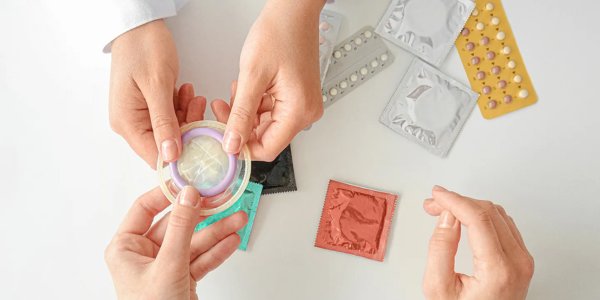Effectiveness
Understanding Effectiveness in Birth Control
When discussing birth control, the term effectiveness refers to how well a contraceptive method prevents pregnancy. It measures the rate of success based on typical and perfect use. The higher the effectiveness, the fewer unintended pregnancies occur among users.
For example, condoms are about 98% effective with perfect use but drop to around 85% with typical use due to human error. Oral contraceptives (birth control pills) are over 99% effective when taken daily, but their success rate decreases if doses are missed.
Effectiveness rates are not only numbers—they reflect how lifestyle, consistency, and understanding affect real-world protection.
Comparing Different Methods
The effectiveness of birth control methods varies widely:
| Method | Perfect Use | Typical Use | Key Notes |
|---|---|---|---|
| Birth Control Pills | 99% | 91% | Must be taken daily at the same time |
| Condoms | 98% | 85% | Also protects against STIs |
| IUD (Intrauterine Device) | 99%+ | 99%+ | Long-term protection, low maintenance |
| Withdrawal Method | 96% | 78% | High risk with timing errors |
| Fertility Awareness | 95% | 77% | Requires careful cycle tracking |
Choosing a method depends on lifestyle, health, and commitment to consistent use. Understanding effectiveness helps individuals make informed decisions about their sexual health and avoid misconceptions about reliability.
FAQ
What does effectiveness mean in birth control?
Effectiveness measures how often a contraceptive method successfully prevents pregnancy. It’s expressed as a percentage of users who do not get pregnant within a year.
Why does effectiveness differ between methods?
Effectiveness varies because each method depends on user consistency, timing, and biological factors. Long-term methods like IUDs reduce human error, while condoms or pills rely on proper use.
What is the difference between perfect use and typical use?
Perfect use means the method is used exactly as directed every time. Typical use reflects real-life scenarios where mistakes—like missed pills or improper condom use—can lower success rates.
Which birth control method is the most effective?
IUDs and implants are the most effective, offering over 99% protection. They work automatically after placement, removing the need for daily maintenance or user action.
Can two methods increase effectiveness?
Yes. Combining methods—like using condoms with birth control pills—improves protection and also helps prevent sexually transmitted infections (STIs).
















